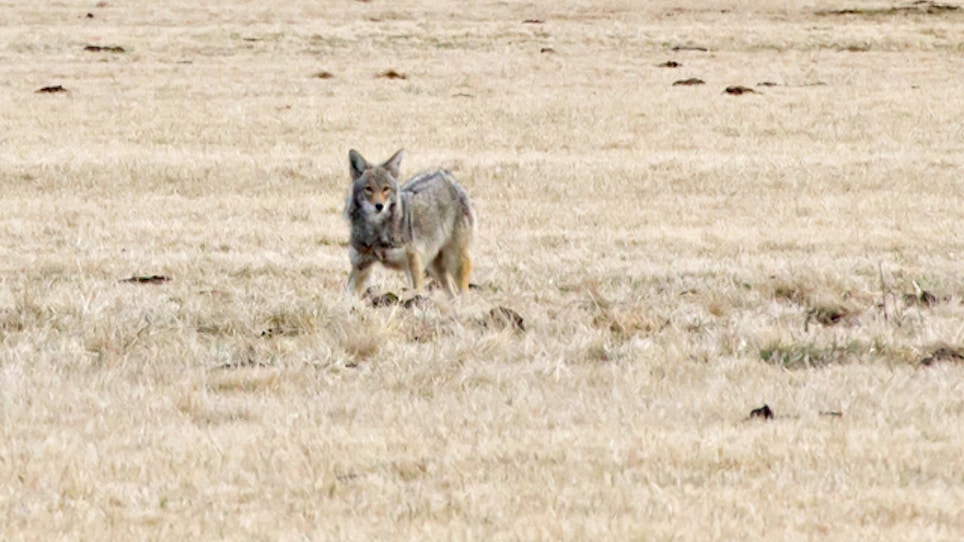Arizona wildlife officials are set to prohibit contests for predators and fur-bearers, which would put the state with California, New Mexico and other states in which wildlife activists have succeeded in getting bans in place.
The Arizona Game and Fish Commission is proposing to adopt a rule that would prohibit using any lethal method of take during a hunting contest for predatory and fur-bearing animals, as defined under Arizona Revised Statutes 17-101. In its public meeting on March 15, the commission unanimously approved a Notice of Rulemaking Docket Opening and Notice of Proposed Rulemaking.
The Notice is published in the Arizona Administrative Register in order to accept public feedback. All public comments received until May 12 will become part of the official record for this proposed rulemaking. There are two ways to submit comments:
- E-mail: rulemaking@azgfd.gov
- U.S. Mail: Arizona Game and Fish Department, Attn.: Rules Section, 5000 W. Carefree Highway, Phoenix, AZ 85086.
All public comments will be evaluated before a Notice of Final Rulemaking is taken to the commission for its consideration. If approved, the final rule would be reviewed by the Governor’s Regulatory Review Council (GRCC).
Why Ban Contests?
State wildlife biologists often say publicly and privately that science-based decisions should be the reason for any decision made about wildlife and management. Whether it's about a proposal to allow hunting deer over bait piles or reducing a limit on perch, the long-held belief is that decisions should be based in whether it benefits a species.
With the predator hunting bans, though, social attacks are driving these commissions — often appointed by governors — and state agencies. Arizona's press release about its commission's consideration of the proposal states that clearly with this sentence: The commission’s intent in adopting this rule is to address social concerns associated with hunting contests that award prizes to participants who kill the largest number or variety of predatory or fur-bearing animals.
It goes on to say that the proposed rule, and ban if it is approved, would not apply to lawful, regulated hunting of predatory and fur-bearing animals, which plays an important role in wildlife management.
Other states that prohibit the events include California and Vermont. New Mexico in spring 2019 became the latest state to ban predator-hunting contests. It set up a typical clash between big city and rural interests. Bills were proposed by Sen. Mark Moores, R-Albuquerque, and Sen. Jeff Steinborn, D-Las Cruces, and Rep. Matthew McQueen, D-Santa Fe. They described the events as "inhumane" and "wanton killings." Rural legislators who are ranchers, or who know and discuss proposals with ranchers, disagreed, saying the contests help thinn predators that prey on livestock and pets.
“I call it varmint control,” said Rep. Candy Spence Ezzell, R-Roswell, a rancher.
According to Sportsmen's Alliance, a 2015 USDA report dealing with nationwide cattle losses found that “coyotes accounted for the highest percentage of cattle deaths due to predators (40.5 percent) and accounted for the highest percentage of calf deaths due to predators at (53.1 percent). In New Mexico, the percentage of cattle loss due to coyotes in 2015 was 60.5 percent and the calf losses due to coyotes in 2015 was 49.5 percent.” Another 2015 USDA report dealing with nationwide sheep and lamb losses found that “coyotes accounted for the highest percentage of sheep losses (54.3 percent) and coyotes accounted for the highest percentage of lamb losses at (63.7 percent).”
Additionally, the alliance said National Agriculture Statistics Service reported that predators throughout New Mexico killed 9,900 head of cattle resulting in $5.3 million in losses. The 2010 report also labeled coyotes as the major livestock predator in New Mexico.






